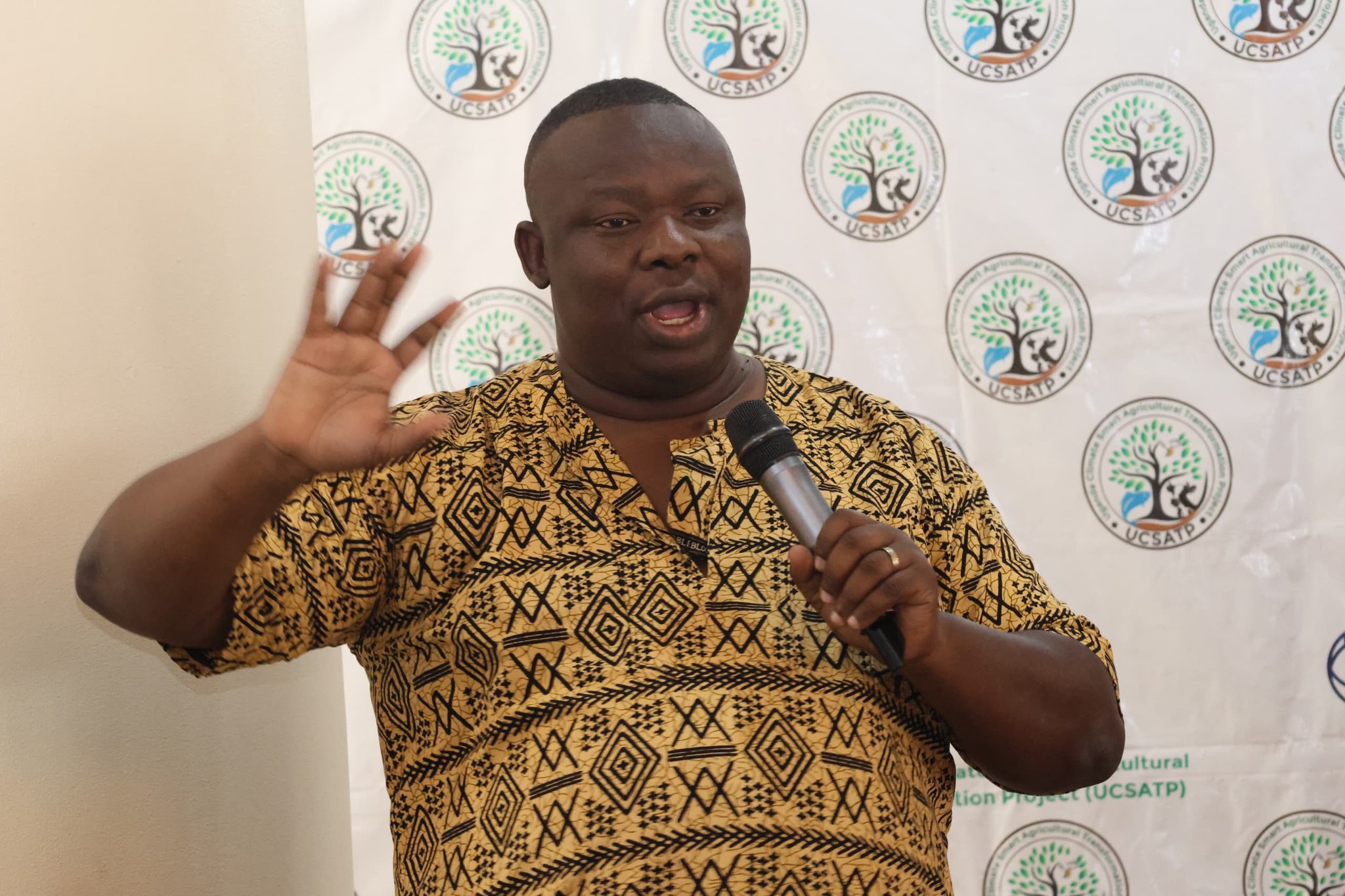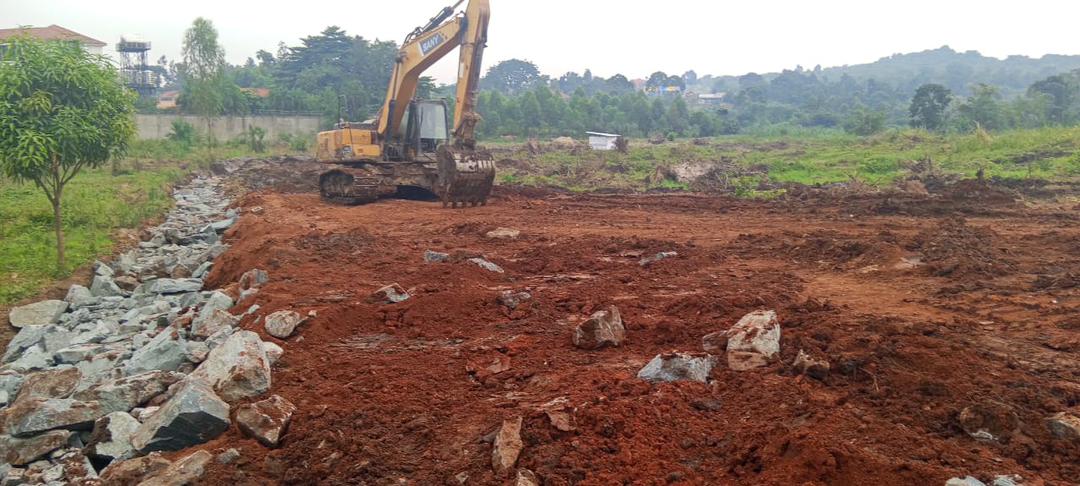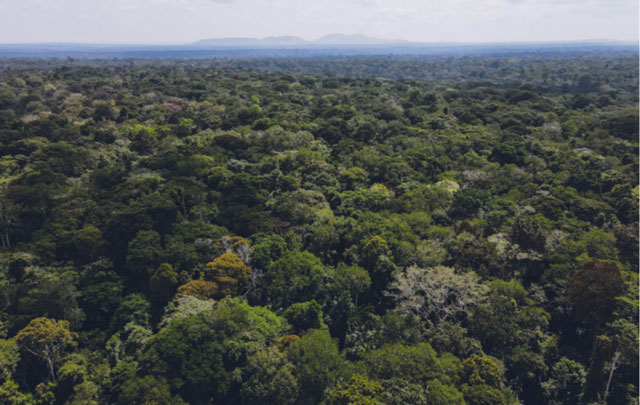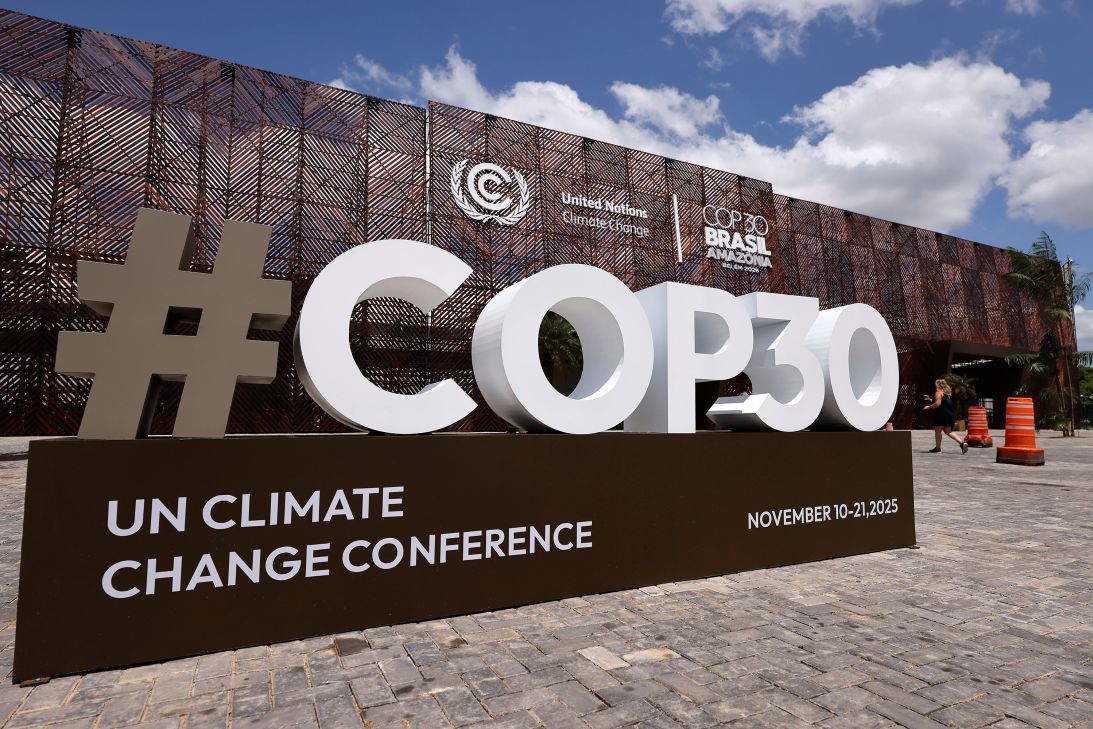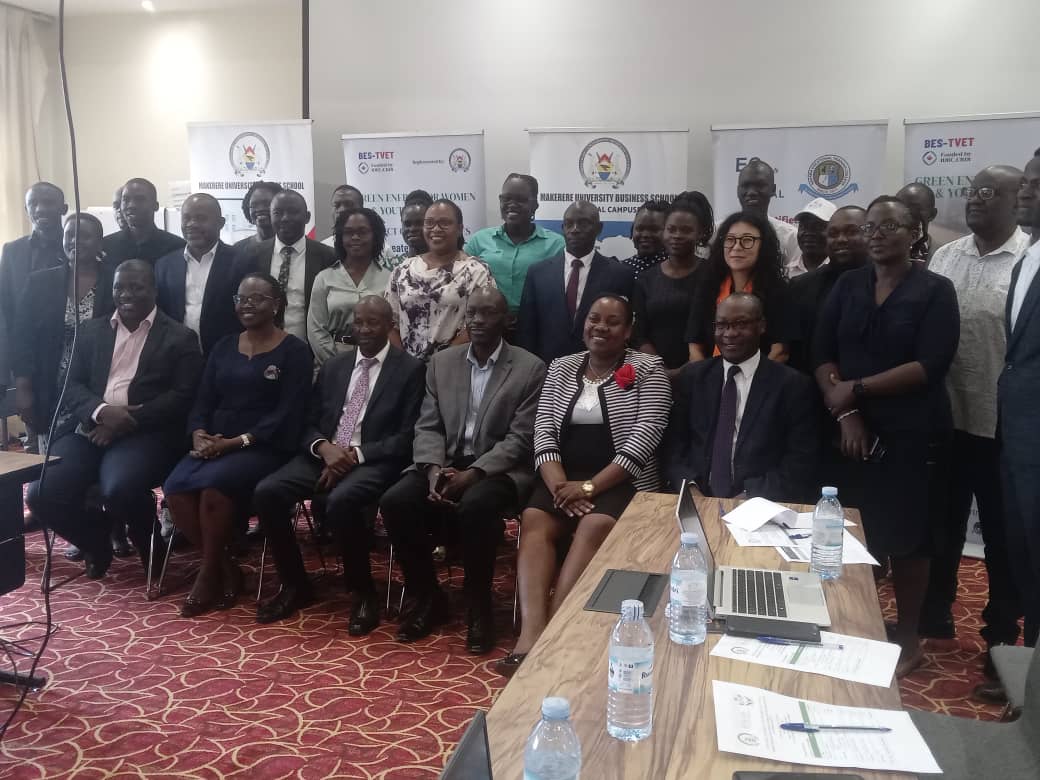The ministry of Agriculture has urged the private sector to support its mechanization and irrigation thematic area under the Uganda Climate Smart Agricultural Transformation (UCSAT) project. The project is funded by the World Bank with a budget of $ 350 million.
During a private sector conference in Kampala, Alex Asiimwe, the Deputy Project Coordinator at the ministry, announced that all agricultural equipment for the project will be procured and supplied by private sector partners.
The six-year initiative, running from 2022 to 2028, is being implemented across 69 districts in Uganda.
The equipment to be supplied includes 1,500 single-axle walking tractors, 230 four-wheel tractors for mechanized centers, 69 community solar-powered watering points, 300 valley water tanks, 500 fish ponds, and 69 district-integrated laboratories to be constructed.
These resources aim to enhance agricultural productivity, improve water management, and promote sustainable farming practices.
James Tondo Kasozi, Head of the Mechanization department at the ministry, highlighted efforts to bridge the mechanization gap in Uganda’s agriculture sector. The ministry has established six regional mechanization centers in Agwata (Dokolo district), Bungokho (Mbale), Namungalwe (Iganga, funded by the Indian government), Buwama (Mpigi), Sanga ZAMC (Western Uganda), and Kigumba (Bunyoro).
These centers will provide farmers with affordable access to mechanized equipment. Single-axle walking tractors will be available for hire at Shs 20,000 per acre, four-wheel tractors at Shs 120,000 per acre, and in the Karamoja region, four-wheel tractors will cost Shs 100,000 per acre.
Benon Onga from the ministry emphasized that all equipment will undergo quality testing by MAAIF and the Uganda National Bureau of Standards (UNBS) before distribution to farmers’ groups. The project will subsidize 80% of the equipment costs, with farmers’ groups contributing the remaining 20%, making the technology more accessible to smallholder farmers.
John Ilukor, the World Bank representative, noted that the UCSAT project, which began in 2022 and will conclude in 2028, encompasses additional thematic areas such as crops, fisheries, and apiculture (beekeeping). He urged private sector stakeholders involved in supplying agricultural inputs, sales, and equipment repairs to bring their services closer to farmers to maximize the project’s impact.
The Uganda Climate Smart Agricultural Transformation project seeks to boost agricultural productivity, reduce vulnerability to climate change, and enhance food security in the targeted districts.



